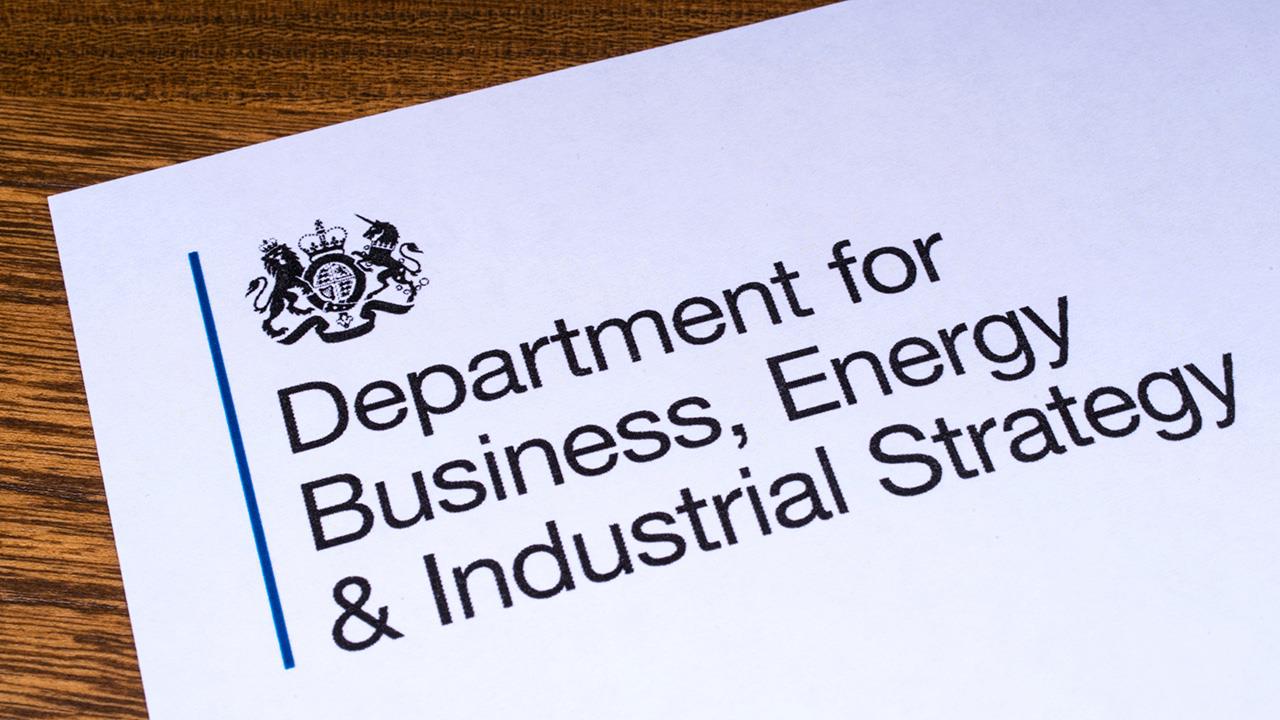

2023 is anticipated to be a busy year for government policy consultations, with the publishing of reports that have been backlogged. The reason for this backlog is due to the turbulent terrain in government in which we have seen three different prime ministers over the last 12 months, and as many energy ministers. Without a consistent government to provide a clear steer on how they plan to move forward in this industry, it has not been the easiest terrain to navigate.
However, 2023 could be a pivotal year for the industry as these reports finally begin to circulate which means we can progress and get a clearer picture on how the stakeholders in our industry can aid policy proposals by providing feedback to these reports.
The latest industry report
At the end of last year, the Improving Boiler Standards and Efficiency report was published and gives the industry until the 21 March to respond.
One of the most significant takeaways of the report is the section that proposes to mandate that only hydrogen-ready boilers can be placed on the market from the mid to late 2020s. This is with full acknowledgement of the possibility that these hydrogen-ready boilers may never actually be fuelled by a drop of hydrogen. Central to this is the price promise from manufacturers that they will cost consumers the same as the natural gas equivalent.
The reasoning behind this proposal is that the government is viewing it as a no-regrets policy in that it is akin to having a natural gas boiler that is compatible with LPG after a small conversion. In other words, they are looking upon it as if it were a third gas.
What does it propose?
Within the consultation there is also a list of proposals to improve the efficiency of existing systems and existing boilers to improve their average in-home performance.
The proposals include introducing revised requirements for controls to ensuring that boilers have new standards to abide by while improving heating system design and maintenance requirements. That includes controls, the inclusion of regular and system boilers within the Boiler Plus scope that dictates the installation must be one of a combi boiler with an efficiency rating of at least 92%. There are also a number of questions on modulation rates and efficiency levels in boilers.
The future of hybrid
The third section of interest for installers will be a lengthy piece concerning hybrid heat pump systems. This part references that hybrids could play a transitional role in this decade and the next on our way to net-zero by 2050.
This section contains acknowledgements that reaching the 600,000 heat pump target by 2028 is a tall order, and hybrid systems will most likely need to be included in that target to enable it to be met.
Overall, it is an interesting consultation covering a number of areas and makes for compelling reading for any interested party. We encourage all stakeholders to review the proposal with the aim of giving a comprehensive picture to potential policy decisions.
The hybrid heat pump arrangement may provide an interim until ultimately somewhere down the line a heat pump system could be installed. This is positive news for those who are reluctant to change their home heating system as the reality is that it's usually a distress purchase for the majority – not to mention it doesn’t lend itself to being a distress installation.
If you'd like to keep up-to-date with the latest developments in the heating and plumbing industry, why not subscribe to our weekly newsletters? Just click the button below and you can ensure all the latest industry news and new product information lands in your inbox every week.